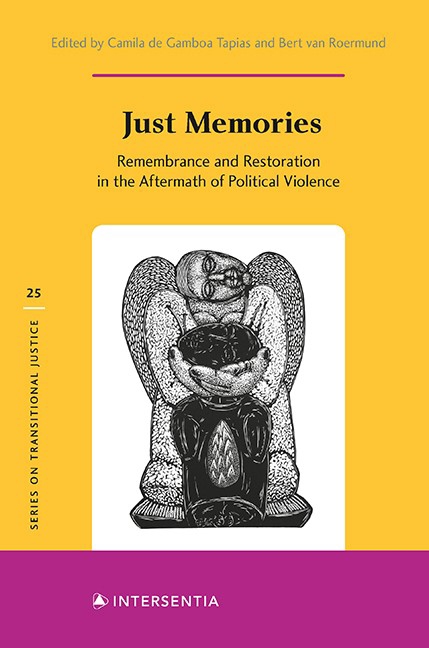Chapter 12 - The Interplay between History, Tradition and Local Agency in Shaping Rwanda’s Future: Beyond Gacaca
Published online by Cambridge University Press: 11 February 2021
Summary
INTRODUCTION
Rwanda has inspired an ever-growing literature documenting the 1994 genocide against the Tutsi and its aftermath. The colonial manipulationsand antagonisation of identities, the power struggle that accompanied the decolonisation process, the ethnicisation of the post-colonial state, the dynamics of the genocide and post-genocide responses, are all widely covered in academic and non-academic literature. In the field of transitional justice, examinations of post-genocide processes in Rwanda have largely focused on the Gacaca courts that were instituted to try the overwhelming caseload of the 1994 genocide. The Gacaca mechanism is generally examined in terms of its compliance with human rights norms or its possible contribution to peace, social cohesion, healing and reconciliation. Ofter overlooked in dominant analyses is the fact that the Gacaca courts fit into wider socio-political narratives and processes in the post-genocide reconstruction landscape, and also how they fit into a post-genocide governmental ambition to re-create an ethnicity-free Rwandan society based on locally held values drawn mainly from the country's pre-colonial past.
Over the last decade, a number of government-sponsored initiatives appealing to tradition and presented as home-grown responses to the country‘s socio-political and economic challenges have been revived or reinvented. These include: Ubudehe (local collective action/ mutual assistance), Abunzi (mediation committees), Ingando (solidarity camps), Itorero ry’ igihugu (civil education programme), Urugerero (national service), Girinka (one cow per family in poverty), U muganura (harvest day), U muganda (community work), I mihigo (performance contracts), Ndi Umunyarwanda (Rwandan-ness/I am Rwandan) and abarinzi b’ igihango (guardians of the Covenant).
These initiatives are increasingly imagined as foundational pillars of the country‘s economic development and poverty reduction strategy, as well as essential tools for building social cohesion among Rwandans. The embracing of these initiatives is accompanied by a rewriting of the country‘s history, both literally and figuratively, and by the emergence of official narratives memorialising the near and distant past. Just like many other aspects of post-genocide policies, the adoption and implementation of what are locally labelled as home-grown initiatives sponsored by post-genocide Rwandan authorities are subject to highly polarised debates within political and academic spheres.
- Type
- Chapter
- Information
- Just MemoriesRemembrance and Restoration in the Aftermath of Political Violence, pp. 281 - 312Publisher: IntersentiaPrint publication year: 2020



